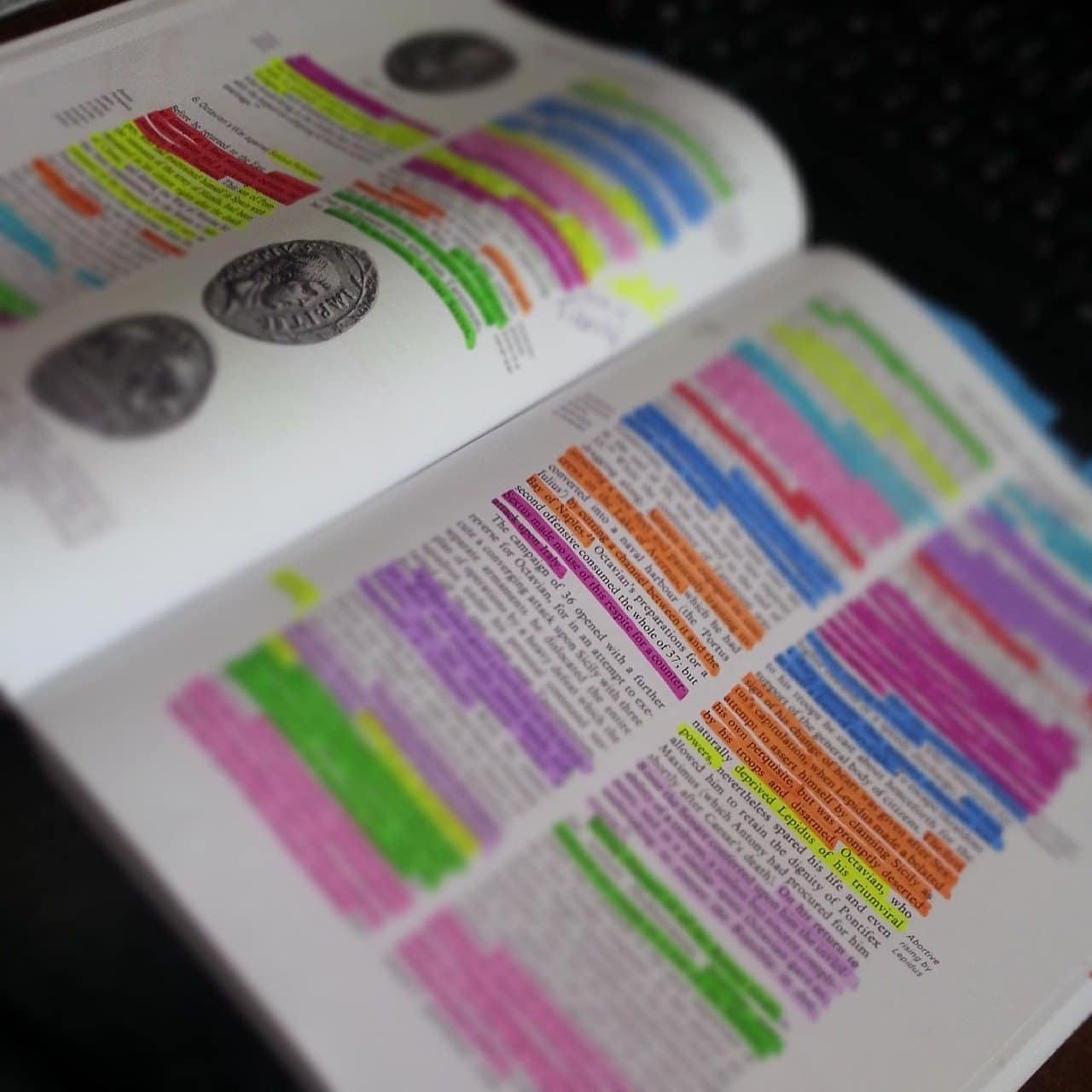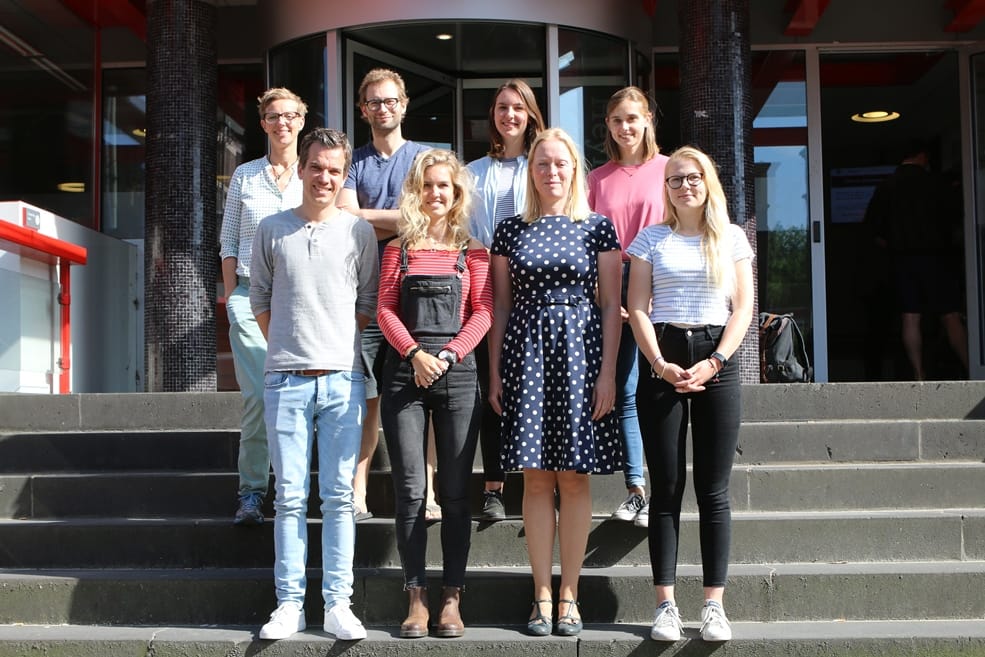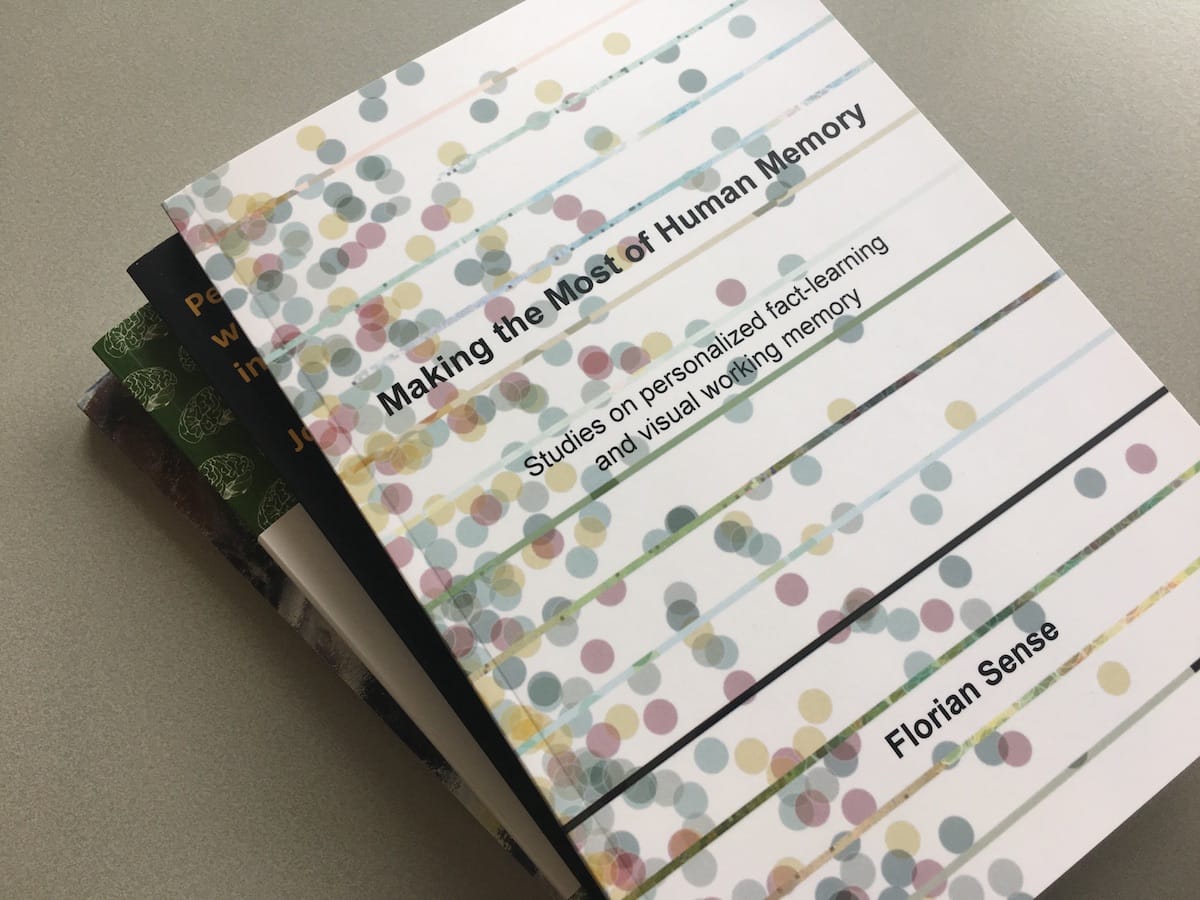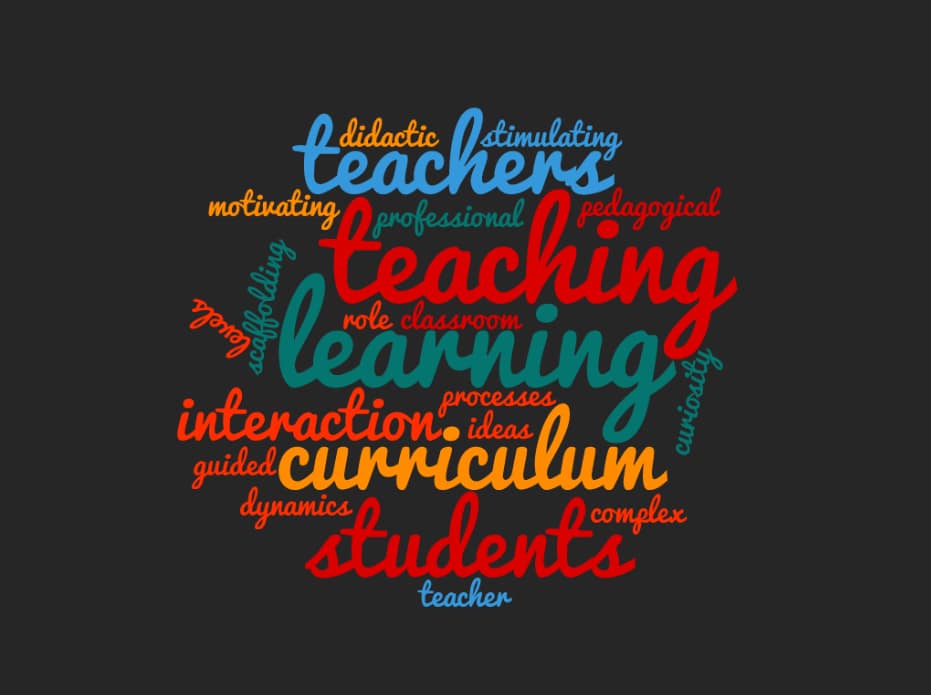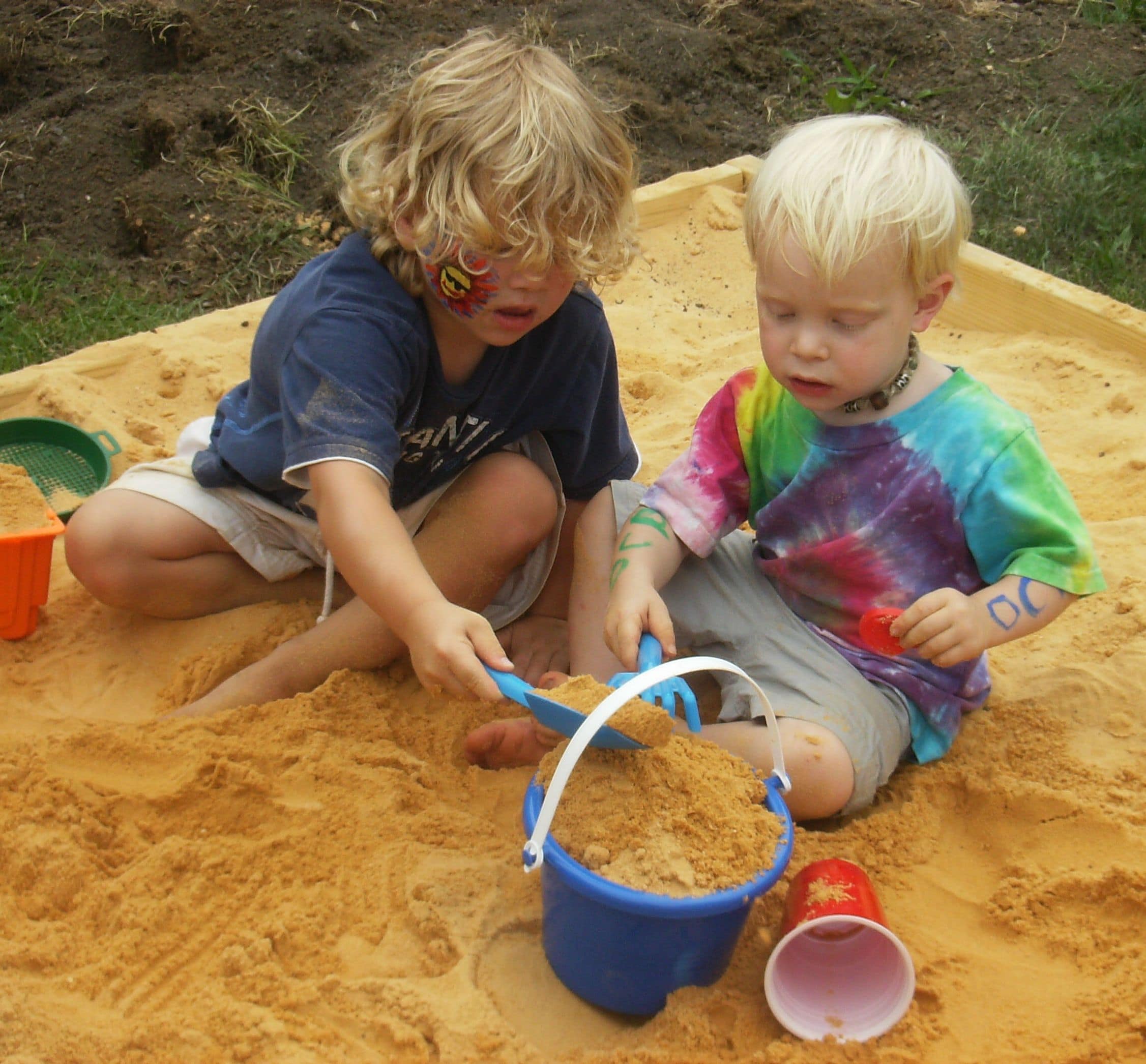Across virtually all levels and topics of education, students need to learn facts. The SlimStampen algorithm, developed at the UG, aims to optimize the process of fact learning. PhD student Thomas Wilschut explains how the algorithm works, what it tells us, and how future work (including his own) can improve it.
Many students nowadays prepare for exams with techniques that are known to be ineffective. Further, since the 1880s psychologists already now that the process of forgetting is stopped by timely spaced active retrieval. Combining this practice with other, more contemporary techniques make studying more productive and enjoyable.
This is one of two blogposts addressing the question how to engage students. Based on students’ feedback, the Education Committee has collected good examples of teaching, which could serve as an inspiration for teachers. This part is focused on implementing a flipped classroom in smaller classes.
I recently learned that I was named the Teacher of the Year in Psychology, which prompted me to reflect on a challenging yet rewarding teaching experience from last year. I learned a lot though that experience and thought it helpful to share some of these lessons with the readers of Mindwise.
Being a student is a mindset. A mindset characterized by curiosity and a willingness to ask questions and learn. We should all be students, always. It will make it easier to dare branching out and it will make us more approachable as collaborators.
The importance of whether students believe in their ability to become smarter (i.e., “mindsets”) in helping students to realize their learning potential is increasingly gaining mainstream attention. But what does it mean to have a certain kind of mindset, how does it develop, and how can it be changed? I discuss a new way of thinking about the nature of mindsets that emphasizes the contextualized nature of mindsets, and that changes the way that we can answer these questions.
Researching and implementing educational interventions is a challenge. Combining his experience as a teacher educator and PhD candidate in developmental psychology, Frank Assies explains how he is able to go from practice to theory to practice in shaping a Curious Minds based intervention in Teacher College.
What do the children’s behaviors teach us about learning? In educational and psychological studies, reasoning skills and peer interaction have been a primary focus of attention. Examining how children solve problems and how they interact with each other constitutes an ideal scenario to understand the learning process.
Exam grades can be improved by a full grade point if one learns factual knowledge using a method based on learning principles from cognitive psychology. This method, developed in the Experimental Psychology group, is now offered by Noordhoff Publishers as part of their online learning system for secondary education.
I have completed the end of my third year in the English-language Bachelor of Psychology programme. Being in the Honours College has enriched my understanding of research in psychology in a tremendous way. Here, I can look back at a wonderful experience and look forward to more fruitful research experiences.


